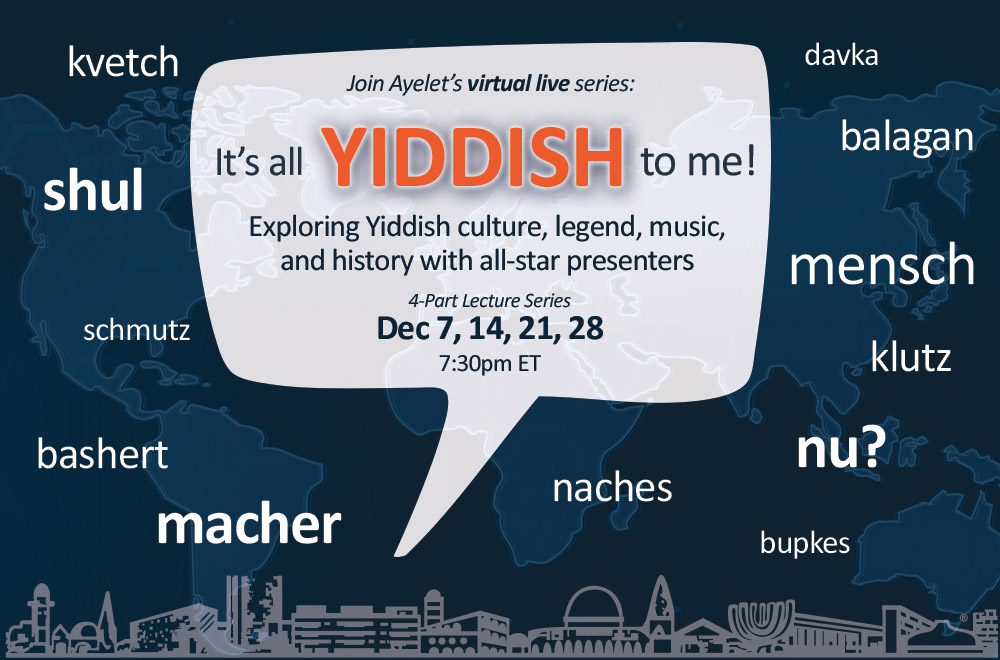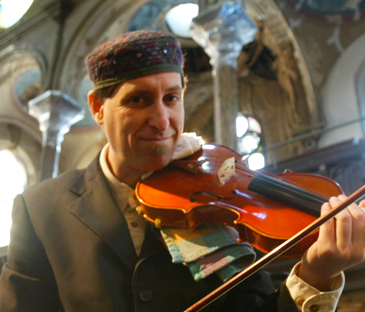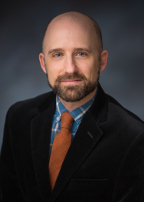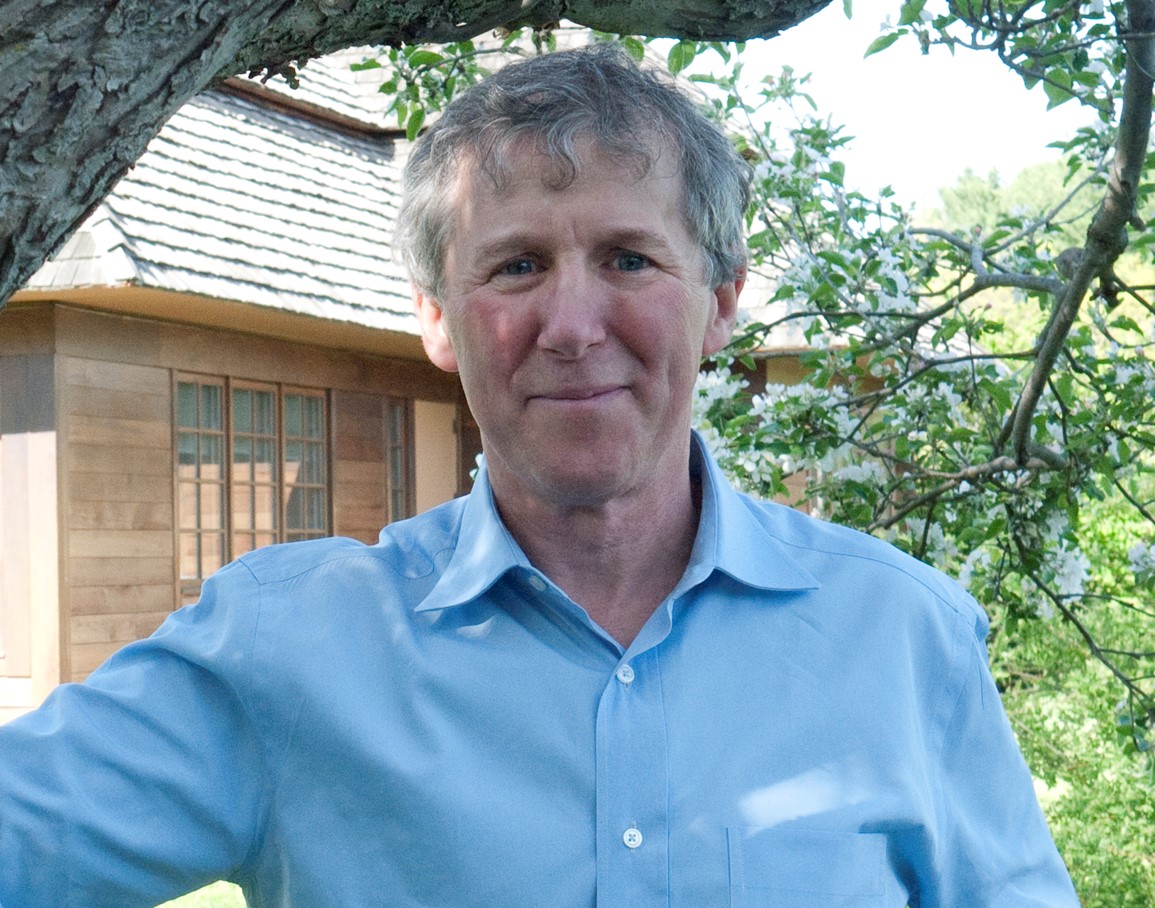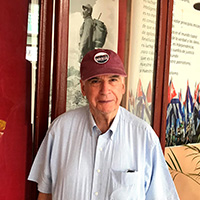It’s all YIDDISH to me!
Four (virtual) presentations by all-star scholars!
“Yiddish was the spoken language of three quarters of the Jewish people for close to 1,000 years.”
– Aaron Lansky, Founder & President, Yiddish Book Center
PROGRAM:
Dec 7: The Catskills, Klezmer and beyond: Appreciating Yiddish music
Dec 14: Yiddish Folklore: Stories, Legends, and Magic
Dec 21: Expecting the Unexpected: Yiddish in the time of COVID
Dec 28: Yiddish in Action: The Bund
DETAILS:
- Featuring Live moderated chat, and post-talk Q&A with each session
- Full Program Cost: $80 for ALL FOUR SESSIONS
**********EARLY BIRD – $65 until Nov. 18*********** - Sessions are recorded – view missed sessions via private link (youtube/google log-in required)
- Session size is limited – register now…
- All programs are Tuesday nights at 7:30pm
REGISTER NOW!
Deep Dive Details:
Meet Prof. Yale Strom (Dec 7):
The Catskills, Klezmer and beyond: Appreciating Yiddish music – Yale Strom ethnographer and artist will explore the history of Yiddish music. From medieval troubadours, Yiddish theatre, the Catskills, klezmer and beyond Yiddish music has never stayed static and is continually evolving. The class will include many audio examples of Yiddish music.
Professor Yale Strom (acclaimed violinist, composer, filmmaker, writer, photographer, playwright) is a pioneer among revivalists in conducting extensive field research in Central and Eastern Europe and the Balkans among the Jewish and Roma communities. Initially, his work focused primarily on the use and performance of klezmer music among these two groups. Gradually, his focus increased to examining all aspects of their culture, from post-World War II to the present. For more than 3 decades and 75 such research expeditions, Strom has become the world’s leading ethnographer-artist of klezmer music and history. Strom has lectured extensively throughout the United States and Europe and taught at NYU for 4 years, where he created the course “Artist-Ethnographer Expeditions”. At present he is Artist-in-Residence and professor in the Jewish Studies Program at San Diego State University.
Meet Prof. Natan Meir (Dec 14):
Yiddish Folklore: Stories, Legends, and Magic – The Jews of Eastern Europe had a rich folk culture stretching back hundreds of years. In this session we will explore some different genres of Yiddish folklore, including folktales and magical practices such as incantations against the evil eye. We will discuss what makes the Yiddish language and Yiddish folklore unique, and gain a new understanding of shtetl life.
From his groundbreaking research on the Jews of Russia and Ukraine to his work as a consultant for Moscow’s Jewish Museum, Professor Natan Meir, Lorry I. Lokey Professor of Judaic Studies at Portland State University in Oregon, has earned an international reputation as a scholar of Jewish social, cultural, and religious history. His latest book, Stepchildren of the Shtetl, recovers the histories of Jewish Eastern Europe’s social outcasts: the disabled, the mentally ill, orphans, and beggars. His previous book, Kiev, Jewish Metropolis, explored Jewish life and culture in a Ukrainian city under Russian imperial rule. Students praise his classroom as an inspiring intellectual space. An avid trailrunner, he speaks eight languages and is now working on his ninth.
Stepchildren of the Shtetl
Download/Print Leaflet; Kiev, Jewish Metropolis A History, 1859–1914
Meet Aaron Lansky, Founder & President
the Yiddish Book Center (Dec 21):
Expecting the Unexpected: Yiddish in the time of COVID Aaron Lansky was 24 years old when he took what he thought would be a two-year leave of absence from graduate school to save the world’s Yiddish books. At the time, scholars estimated that 70,000 volumes were still extant; Lansky and his young colleagues collected that number in six months and, 42 years later, the Yiddish Book Center, the organization he founded, has saved well over a million volumes. What’s most surprising, however, is not how many books the Yiddish Book Center found, but how many people are reading them. In 2008, the Center digitized most of its titles and posted them online, where they’ve since been downloaded close to 5 million times. The organization is now spearheading a consortium with major libraries that will establish Yiddish as the first fully accessible literature in history; it’s training a new generation of Yiddish translators; it’s racing against time to film interviews with Yiddish writers and their descendants; and it’s offering game-changing educational programs to make Yiddish and modern Jewish literature and culture come alive for high school and college students, recent graduates, and adult learners.
Perhaps most remarkable, however, has been the Yiddish Book Center’s resilience and success during the Covid pandemic. In this riveting talk, Lansky will recount the Center’s latest adventures with insight and humor, and reflect on the ways in which the rescue of lost Yiddish treasures is transforming understanding of the Jewish past, present, and future.
Watch The Yiddish Book Center’s short film “Bridge of Books”
Meet Prof. Stephen Berk (Dec 28):
Yiddish in Action: The Bund – Yiddish joins the revolution. The Jewish workers Bund entered the struggle against the Russian empire. The Bund heroically defended the Jews against pogroms. But its analysis of the future unfortunately was wrong.
Prof. Stephen M. Berk is a Professor of History at Union College in Schenectady, New York, Chair of the Department of History, Director of the Program in Comparative Communist Studies and Faculty Advisor to the Jewish Student Organization. He is author of Year of Crisis, Year of Hope: Russian Jewry and the Pogroms of 1881-1882 (Greenwood Press, 1985). At the present time Professor Berk is writing a book entitled, Our People Are Your People: American Jewry and the Struggle for Civil Rights 1854-1965. The book provides an interesting discussion of an extremely important chapter in the history of the civil rights movement and attempts to dispel the myths and misunderstandings that surround the Black-Jewish relationship. Professor Berk is also the author of many articles on Russian History, Russian Jewish History, anti-Semitism and American Policy in the Middle East. Professor Berk is frequently consulted by newspaper reporters and by television and radio stations including the BBC. He has lectured in numerous universities in countless cities and towns in the United States and Israel and is a primary speaker for the UJA, Israel Bonds and B’nai B’rith. Professor Berk is considered an absolutely superb lecturer and teacher. Touring with him has been compared to attending a “traveling university…his lectures are outstanding.” He is always informative, interesting and entertaining. He has lectured as scholar-in-residence for us on many trips to Russia, Spain, the Caribbean, Eastern Europe, Europe and Israel. It is a privilege to have him with us!
REGISTER NOW!
Meet Prof. Yale Strom (Dec 7):
The Catskills, Klezmer and beyond: Appreciating Yiddish music – Yale Strom ethnographer and artist will explore the history of Yiddish music. From medieval troubadours, Yiddish theatre, the Catskills, klezmer and beyond Yiddish music has never stayed static and is continually evolving. The class will include many audio examples of Yiddish music.
Professor Yale Strom (acclaimed violinist, composer, filmmaker, writer, photographer, playwright) is a pioneer among revivalists in conducting extensive field research in Central and Eastern Europe and the Balkans among the Jewish and Roma communities. Initially, his work focused primarily on the use and performance of klezmer music among these two groups. Gradually, his focus increased to examining all aspects of their culture, from post-World War II to the present. For more than 3 decades and 75 such research expeditions, Strom has become the world’s leading ethnographer-artist of klezmer music and history. Strom has lectured extensively throughout the United States and Europe and taught at NYU for 4 years, where he created the course “Artist-Ethnographer Expeditions”. At present he is Artist-in-Residence and professor in the Jewish Studies Program at San Diego State University.
Meet Prof. Natan Meir (Dec 14):
Yiddish Folklore: Stories, Legends, and Magic – The Jews of Eastern Europe had a rich folk culture stretching back hundreds of years. In this session we will explore some different genres of Yiddish folklore, including folktales and magical practices such as incantations against the evil eye. We will discuss what makes the Yiddish language and Yiddish folklore unique, and gain a new understanding of shtetl life.
From his groundbreaking research on the Jews of Russia and Ukraine to his work as a consultant for Moscow’s Jewish Museum, Professor Natan Meir, Lorry I. Lokey Professor of Judaic Studies at Portland State University in Oregon, has earned an international reputation as a scholar of Jewish social, cultural, and religious history. His latest book, Stepchildren of the Shtetl, recovers the histories of Jewish Eastern Europe’s social outcasts: the disabled, the mentally ill, orphans, and beggars. His previous book, Kiev, Jewish Metropolis, explored Jewish life and culture in a Ukrainian city under Russian imperial rule. Students praise his classroom as an inspiring intellectual space. An avid trailrunner, he speaks eight languages and is now working on his ninth.
Stepchildren of the Shtetl
Download/Print Leaflet; Kiev, Jewish Metropolis A History, 1859–1914
Meet Aaron Lansky, Founder & President
the Yiddish Book Center (Dec 21):
Expecting the Unexpected: Yiddish in the time of COVID Aaron Lansky was 24 years old when he took what he thought would be a two-year leave of absence from graduate school to save the world’s Yiddish books. At the time, scholars estimated that 70,000 volumes were still extant; Lansky and his young colleagues collected that number in six months and, 42 years later, the Yiddish Book Center, the organization he founded, has saved well over a million volumes. What’s most surprising, however, is not how many books the Yiddish Book Center found, but how many people are reading them. In 2008, the Center digitized most of its titles and posted them online, where they’ve since been downloaded close to 5 million times. The organization is now spearheading a consortium with major libraries that will establish Yiddish as the first fully accessible literature in history; it’s training a new generation of Yiddish translators; it’s racing against time to film interviews with Yiddish writers and their descendants; and it’s offering game-changing educational programs to make Yiddish and modern Jewish literature and culture come alive for high school and college students, recent graduates, and adult learners.
Perhaps most remarkable, however, has been the Yiddish Book Center’s resilience and success during the Covid pandemic. In this riveting talk, Lansky will recount the Center’s latest adventures with insight and humor, and reflect on the ways in which the rescue of lost Yiddish treasures is transforming understanding of the Jewish past, present, and future.
Watch The Yiddish Book Center’s short film “Bridge of Books”
Meet Prof. Stephen Berk (Dec 28):
Yiddish in Action: The Bund – Yiddish joins the revolution. The Jewish workers Bund entered the struggle against the Russian empire. The Bund heroically defended the Jews against pogroms. But its analysis of the future unfortunately was wrong.
Prof. Stephen M. Berk is a Professor of History at Union College in Schenectady, New York, Chair of the Department of History, Director of the Program in Comparative Communist Studies and Faculty Advisor to the Jewish Student Organization. He is author of Year of Crisis, Year of Hope: Russian Jewry and the Pogroms of 1881-1882 (Greenwood Press, 1985). At the present time Professor Berk is writing a book entitled, Our People Are Your People: American Jewry and the Struggle for Civil Rights 1854-1965. The book provides an interesting discussion of an extremely important chapter in the history of the civil rights movement and attempts to dispel the myths and misunderstandings that surround the Black-Jewish relationship. Professor Berk is also the author of many articles on Russian History, Russian Jewish History, anti-Semitism and American Policy in the Middle East. Professor Berk is frequently consulted by newspaper reporters and by television and radio stations including the BBC. He has lectured in numerous universities in countless cities and towns in the United States and Israel and is a primary speaker for the UJA, Israel Bonds and B’nai B’rith. Professor Berk is considered an absolutely superb lecturer and teacher. Touring with him has been compared to attending a “traveling university…his lectures are outstanding.” He is always informative, interesting and entertaining. He has lectured as scholar-in-residence for us on many trips to Russia, Spain, the Caribbean, Eastern Europe, Europe and Israel. It is a privilege to have him with us!

